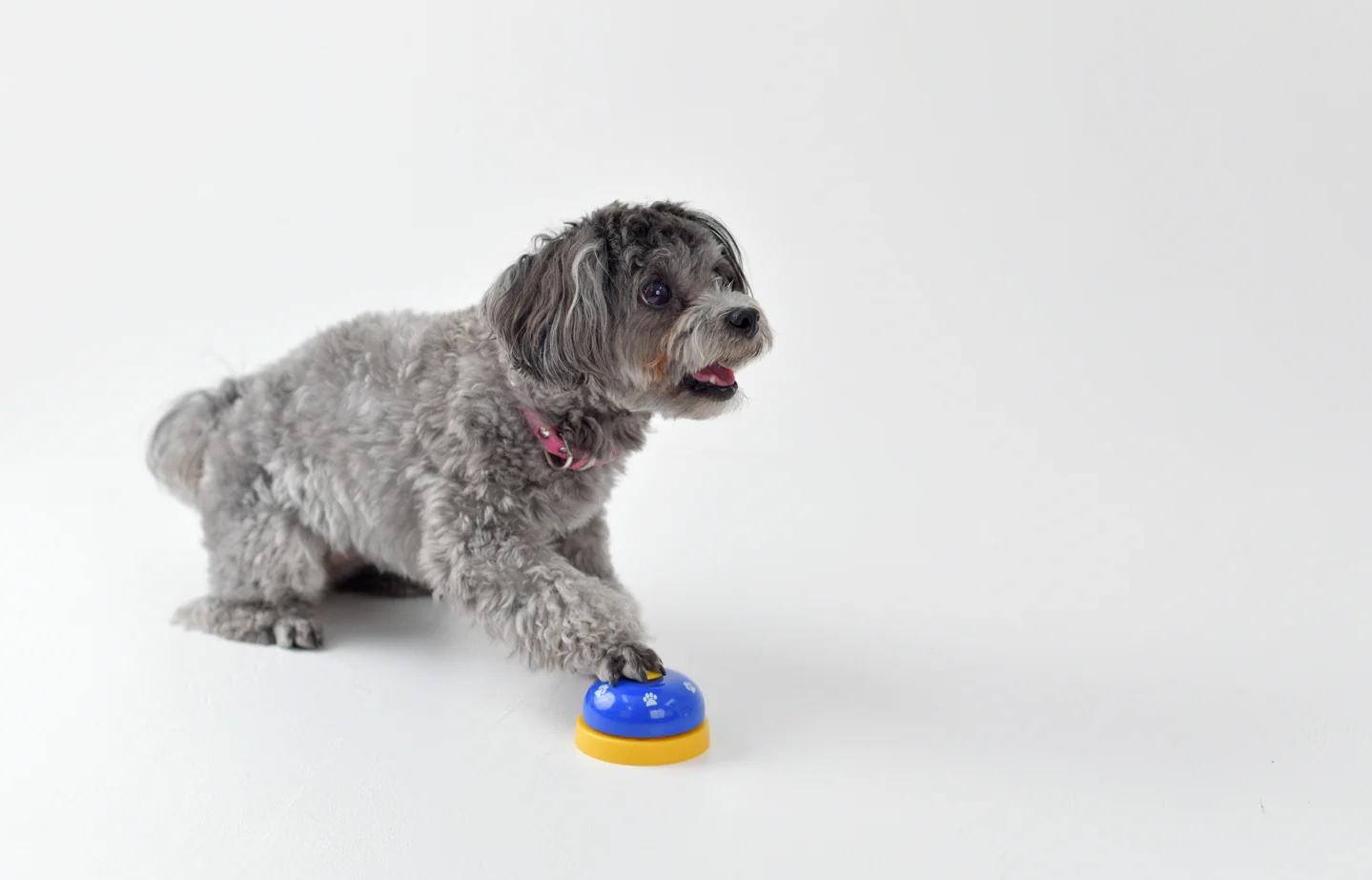The Question
It’s not the first time, and if I’m going to be honest, it’s almost every time I go to the EASTWIND park; my little shih tzu turns up his nose at any passing interested, friendly dog…unless that dog looks like him. Is it possible that my perfect little pooch may be a bigot or at the very least a breedist?
I’m told I’m not the only one whose noticed their dog’s breed preferences. Many pup parents have observed the same phenomena: their German shepherd or poodle, for example, seems to prefer to socialize only with dogs of its same breed. Is it possible that dogs recognize their own breed, or is there another explanation for what so many of us dog parents have observed?
The Science
As it turns out, very little scientific research has been done about breed preferences in dogs. However, a recent study in France did confirm that not only do dogs recognize their species as distinct from other animals or humans, but dogs are also able to recognize their own breed. What is more, the dogs in the experiment, which used computer screens and brilliant, computer-savvy pups, were able to recognize pairs of dogs of the same breed that are different than themselves. Although the experiment confirmed K-9 ability to recognize breeds, it did not ascertain whether dogs have breed preferences.
Despite, the limited research most scientists, dog behaviorists and veterinarians believe that the cliquish behavior we see at the dog park is not breed preference but something more complicated. Researchers generally agree that dogs do not rely on breed recognition but their heightened senses to form opinions about the other dogs they meet. They may like the way a certain dog smells or its body language. The most important aspect of K-9 interaction is how dogs communicate with one another. Dogs of the same breed may communicate similarly, and so your dog may better understand this communication style, triggering a positive response. This means your dog is responding to another dog’s behavior and not his actual breed.
In addition to communication triggers, dogs may get along with other dogs based on their past socialization history. A dog has an excellent long-term memory and will prefer dogs he’s had positive experiences with. This means your dog may prefer dogs like himself, because they provoke the positive memory of playing with his siblings in the litter. On the flip side, a dog may not like any large white dogs, because it was once attacked by a white Lab. These distinctions have little to do with breed preference and more to do with social memory.
Conclusion
So, do dogs discriminate against other breeds? The answer seems to be no…and yes. Dogs of the same breed may have similar energy levels and communication styles which may attract them to one another. However, ultimately their preferences stem from other factors. If your Dachshund and German shepherd are lovingly raised together, they will be attracted to one other for more than the reason of their German heritage. Dogs, like people, prefer those with whom they have fun and share positive memories. The breed is a factor only in terms that it many indicate a positive memory and a social behavior preference.






